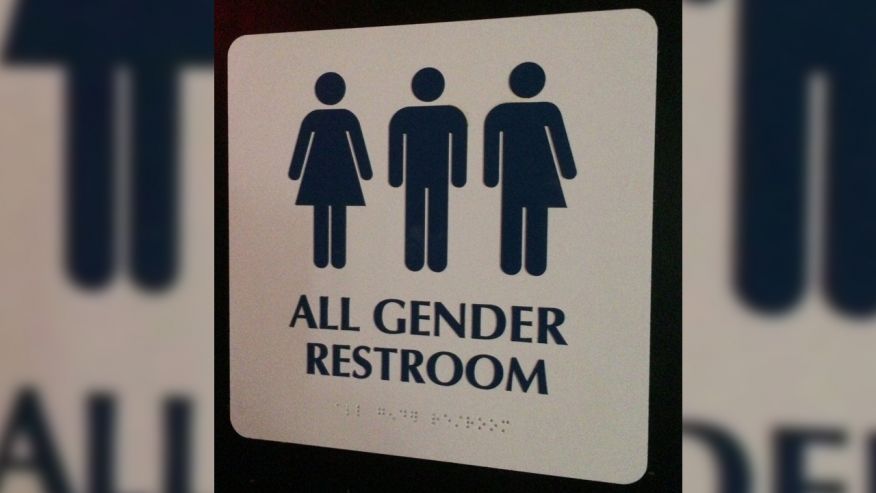The United States is not socially progressive
June 15, 2016
Social progressivism is defined as the view that social mannerisms, human nature and morality are not stagnant concepts and should be revised as new scientific knowledge becomes available. If one were to only take this into account, the United States could most certainly be seen as being socially progressive. There are plenty of countries where there is still slavery, where women are seen as being far below men, where being anything other than heterosexual is unnatural and sinful. While there are some people that are racist, sexist and homophobic, this definitely does not describe the vast majority of Americans. However, I don’t think it can be said that the United States is particularly socially progressive in modern society.
One of the most prominent issues in the past couple years was what bathrooms transgendered individuals should be allowed to use. The introduction of gender-neutral bathrooms in many public places became big news. Eastside itself has printed a story this past year covering the introduction of a singular gender-neutral bathroom being introduced on first-floor B-Wing, and how its introduction was a big step in fostering an environment of acceptance for members of the LGBTQ+ community here at East. But is that really as impressive as it was made out to be?
In the Philippines, they have just elected their first transgendered congressperson, Geraldine Roman. The Philippines is a largely Catholic country, and as such, many members of the LGBTQ+ community have received ridicule from some politicians and public figures in the past.
Despite this, Roman said that the priests at the Catholic school she attended supported her decision to have sex-reassignment surgery.
“They told me, ‘Geraldine, the body’s just a shell’,” Roman said in an interview with CNN. “‘If you believe that by modifying the outside you can become a more loving, more generous, a happier person, go ahead. Because what is important is what you have in your heart, because God looks at the heart and not what you have in between your legs.”
Though the Philippines does not give legal recognition to same-sex marriage, unlike here in the United States, they have achieved something that has not been done here in the United States by electing a transgender person to be in Congress. Yet, the issue of what bathrooms transgendered individuals should use is still one that continues persist in the United States, as can be seen in a story that broke in The Washington Post on May 4 of this year.
The story details a lawsuit filed by parents in Palatine Township High School District 211 in Illinois about a transgendered student using the female bathroom. The suit was filed against the Obama administration for its interpretation of Title IX, an anti-discrimination law, as allowing for the right of transgendered individuals to use the bathroom of the gender that they identify as instead of their biological sex. The suit claims that the students’ right to privacy and the parent’s right to impose moral values in their children have been violated.
“Every day these girls go to school, they experience embarrassment, humiliation, anxiety, fear, apprehension, stress, degradation and loss of dignity because they will have to use the locker room and restroom with a biological male,” the complaint said.
This claim is absolutely absurd, to suggest that these girls experience all these things because someone in the stall next to them might have been born a male. Transgendered individuals feel all of these emotions, both before and after coming out as transgendered. They are subjected to abuse by plenty of their peers inside and outside of school, yet these parents have the audacity to claim that their daughters are suffering more than people who have for almost their entire life felt as though they did not belong or that they were not born the way that they were supposed to be, due to the minutes-long interval of time that a certain individual might be using the bathroom with them.
While it is obvious that the United States has come a long way in being socially progressive, it is even more painfully obvious that our society has a long way to go yet. Until we stop worrying about what bathroom someone can use because of his or her gender identity and start implementing massive change in social equality, it is hard to say that, in terms of modern society, the United States is socially progressive.








